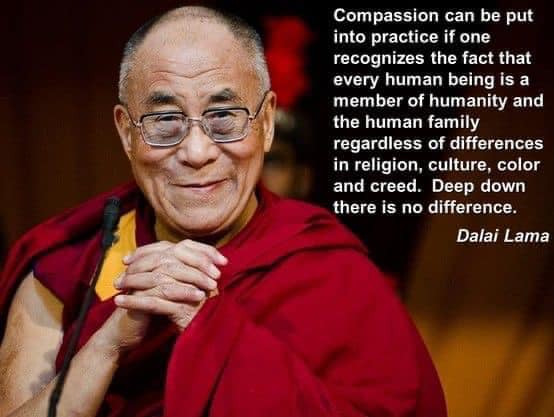Forever we have held a view that AGING, DISEASE & DEATH is an un-alterable eventuality, those who dared question were ostracised for playing God.
If you choose to look deeper you will surely be amazed. Bowhead whales live for over 200 yrs “Turriptosis Dohnri” is a Jellyfish that lives forever. Can these #genetics traits be replicated in humans? Could the removal of #senescence #cells that accelerates aging be the answer Is it even possible to control or reverse aging? Can we grow old healthily? 150000 die every day & over 100000 of them are caused by aging.
Catch Joao Pedro de Magalhaes microbiologist at Centaura & founder at Magellan Science Ltd. share his insights on the science of #humanlongevity #gerontology.
Change Transform INDIA-CHANGE I M POSSIBLE is a podcast & a platform for the brave Disruptors who don’t conform to the convention. subscribe, support & share India’s 1st #futuretech #podcast #agereversal #reverseaging #longevity #immortality #science
Joao Pedro Magalhaes is a Professor at the University of Liverpool in England.





